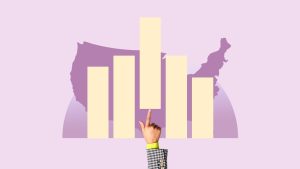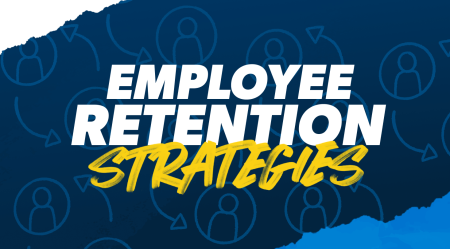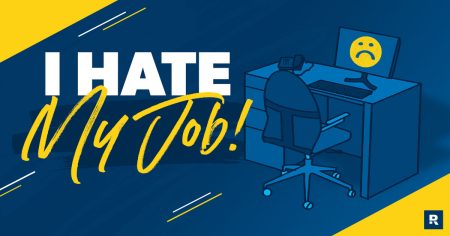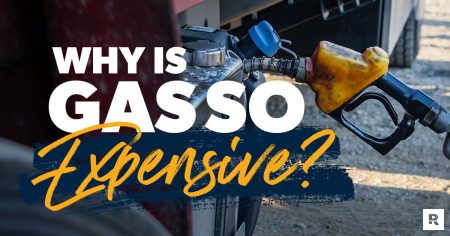As Democrats gather in Chicago for their national convention, the Windy City is still grappling with inflation that is notably higher than the national average.
The Labor Department reported last month that the consumer price index, a broad measure of how much everyday goods like gasoline, groceries and rent cost, rose 0.2% in July and remains up 2.9% from the same time last year.
But the pace of inflation is much faster in certain parts of the country – including Chicago.
Consumer prices in Chicago surged 0.6% in July from the previous month, triple the national rate, and are up 3.7% when compared with the year-ago period. That marked the second-highest annual rate recorded by a U.S. city.
HIGH INFLATION COULD HAUNT KAMALA HARRIS IN FIGHT AGAINST TRUMP
Only New York and Dallas, each with an inflation rate of 4.1%, beat out Chicago for the top spot.
Other cities are also experiencing inflation that’s well above the national average. Prices were up 3.7% in Washington and up 3.5% in San Diego, Minneapolis and Boston.
TECH TITANS ARE FLOCKING TO SUPPORT TRUMP: ‘PEOPLE WANT TO BACK A WINNER’
The state of the economy – and inflation – has consistently ranked as a top priority for voters. About 89% of voters said the handling of the economy will be very important or somewhat important in determining who they vote for in the upcoming election, according to a recent Bankrate survey.
Democrats kicked off the first day of their convention on Monday with a number of high-profile speakers, including President Biden. In his speech, Biden lauded recent progress on inflation, which he said is “way down and continuing to go down.”
Under Biden, inflation skyrocketed to the highest level in 40 years. The cost of everyday necessities like rent, groceries and gasoline surged, prompting the Federal Reserve to hike interest rates to a two-decade high. Higher interest rates, in turn, created other downstream effects, pushing mortgage rates above 8% for the first time in decades and making it much harder for businesses to access credit.
While inflation has fallen sharply from a peak of 9.1% and the Fed appears poised to cut interest rates this fall, many Americans have yet to feel material relief.
Food prices are up 21% from the start of 2021, while shelter costs are up 21.6%, according to FOX Business calculations. Energy prices, meanwhile, are up 32%. Higher prices are particularly devastating for lower-income Americans because they tend to spend more of their already-stretched paycheck on necessities and have less flexibility to save money.
Read the full article here












